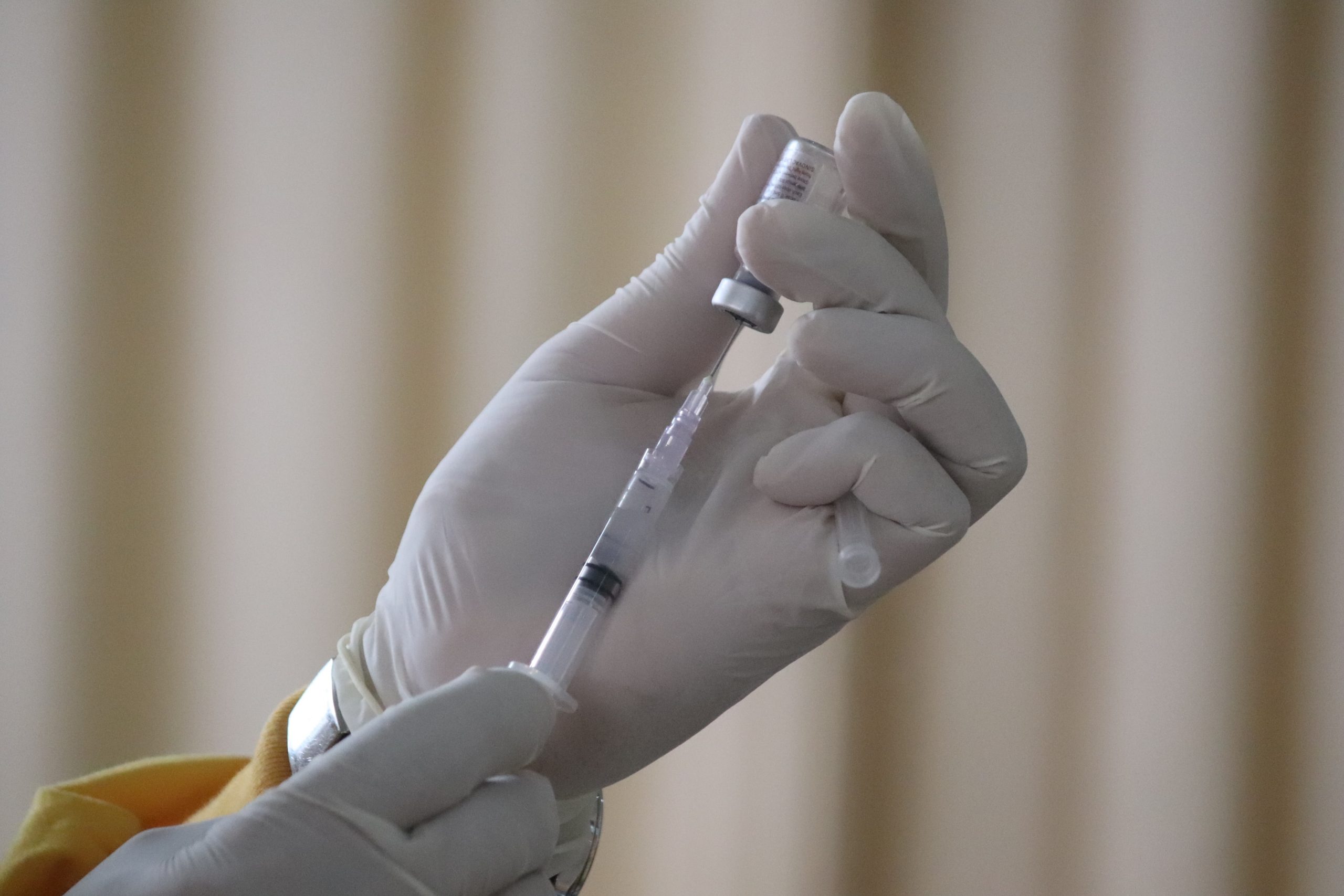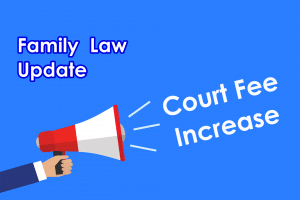With the NHS now extending Covid-19 vaccines to 12-15 year old children, some parents may find themselves in a difficult position if they do not agree on whether their child should be inoculated.
Do both parents need to consent to their child getting vaccinated?
Where both parents share Parental Responsibility, you will need to discuss and agree on important decisions affecting your child’s life, such as medical treatment. This also applies to any other person who has Parental Responsibility for the child, such as a step-parent.
You do not need permission from the other parent if they do not have Parental Responsibility for the child, but it may be sensible to obtain their consent in any event to avoid any potential conflict.
Do I have Parental Responsibility?
A mother will automatically have Parental Responsibility for their child. A child’s father will have Parental Responsibility if he was married to the mother, or if unmarried, his name is on the child’s birth certificate (if the child was born after the 1 December 2003). If you have jointly adopted a child, both parents will have Parental Responsibility. In any other case, a father will not have an automatic right to Parental Responsibility without an order from the court or without entering into a Parental Responsibility Agreement with the mother.
What if parents disagree on their child getting vaccinated?
If both parents have Parental Responsibility and cannot agree whether their child should be vaccinated, including the Covid-19 vaccine, MMR, flu, etc., then the court will ultimately need to make the decision as to the appropriate course of action.
An application would need to be made to the court to make a Specific Issue Order. The court will consider the application and determine whether it is in the child’s best interests to be vaccinated.
How will the courts determine whether a child should be vaccinated?
The decision in the recent case of M v H (Private Law Vaccination) [2020] provides an insight as to how the courts may deal with applications concerning whether a child should receive the Covid-19 vaccines.
In this case, the application concerned two children aged 4 and 6, and whether it was in their best interests to be vaccinated in line with the NHS vaccination schedule. The application was brought to court by the children’s father, and initially concerned the MMR vaccine but later included other vaccines on the NHS schedule (which could potentially include the Covid-19 vaccines).
During the proceedings, the children were appointed a guardian by the court to represent their rights and interests who was in support of the children being vaccinated.
The judgment was later limited to addressing vaccinations on the NHS schedule only.
The children’s mother resisted the application, expressing her concerns about the safety of the vaccine, and whether it was necessary for the children to be vaccinated as it did not immunise them, and that serious complications from the diseases the vaccinations provided for were generally mild and less common in well-nourished children.
The judge in the case was satisfied that it was in the best interests of the children to make an order requiring the children to be given the vaccinations on the NHS schedule. The judge relied on the case Re H (A Child: Parental Responsibility: Vaccination), where the Court of Appeal concluded scientific evidence establishes that generally it is in the best interests of otherwise healthy children to be vaccinated.
The court concluded that the judgment in Re H makes it very difficult now to foresee a case involving vaccinations approved for use in children, including Covid-19 vaccines, where it would not be endorsed by the court as being in a child’s best interests. This is unless there is a credible development in medical science indicating significant concern for the effectiveness and/or safety of the vaccine, or due to a well evidenced medical condition specific to the child where such treatment could cause them harm and should not be used.
For those interested in the legal details, the full judgment is available on the British and Irish Legal Information Institute site here – https://www.bailii.org/ew/cases/EWFC/HCJ/2020/93.html
What if my child wants/does not want a vaccine and I do not agree?
If you have parental responsibility for your child then your consent is required to vaccinate your child. However, the UK government indicated on 13 September 2021 in announcing that 12-15 year olds would be offered the Pfizer Covid-19 vaccine that if there is a dispute between a child and their parents as to whether they should have the vaccine, the child’s decision would take priority. It is yet to be seen whether this will become a general rule for all vaccines, and also what would happen if your child is eleven years old, and close to their twelfth birthday. Watch this space!
Need our help?
If you are concerned about whether you have Parental Responsibility for your child or need advice on any possible disagreement as to whether your child should get vaccinated, do not hesitate to contact us today.




